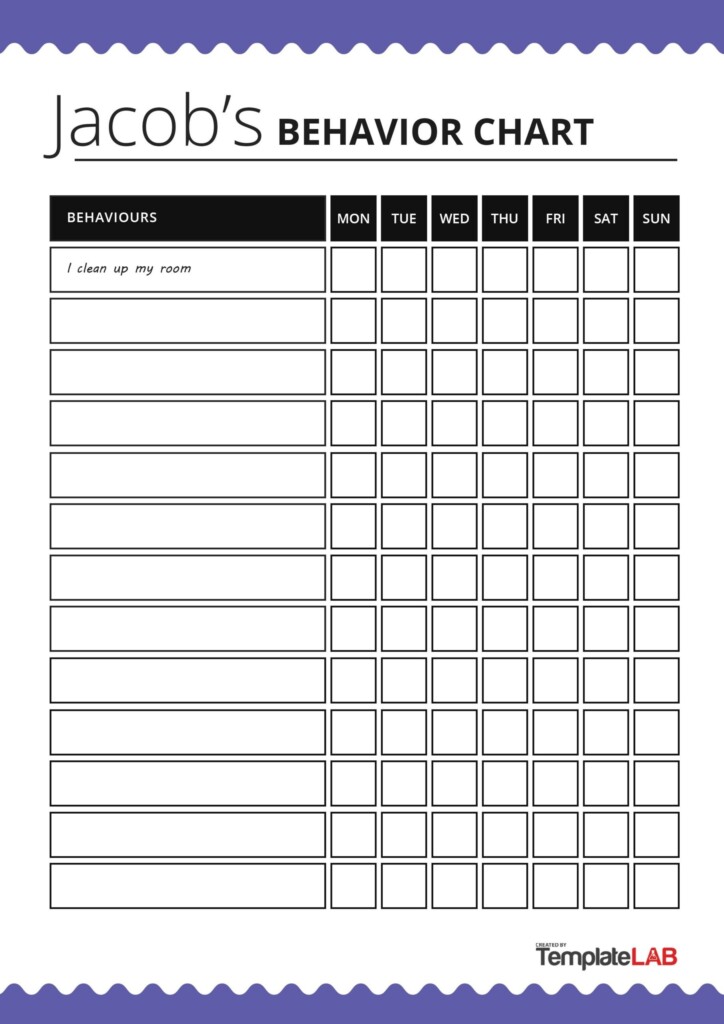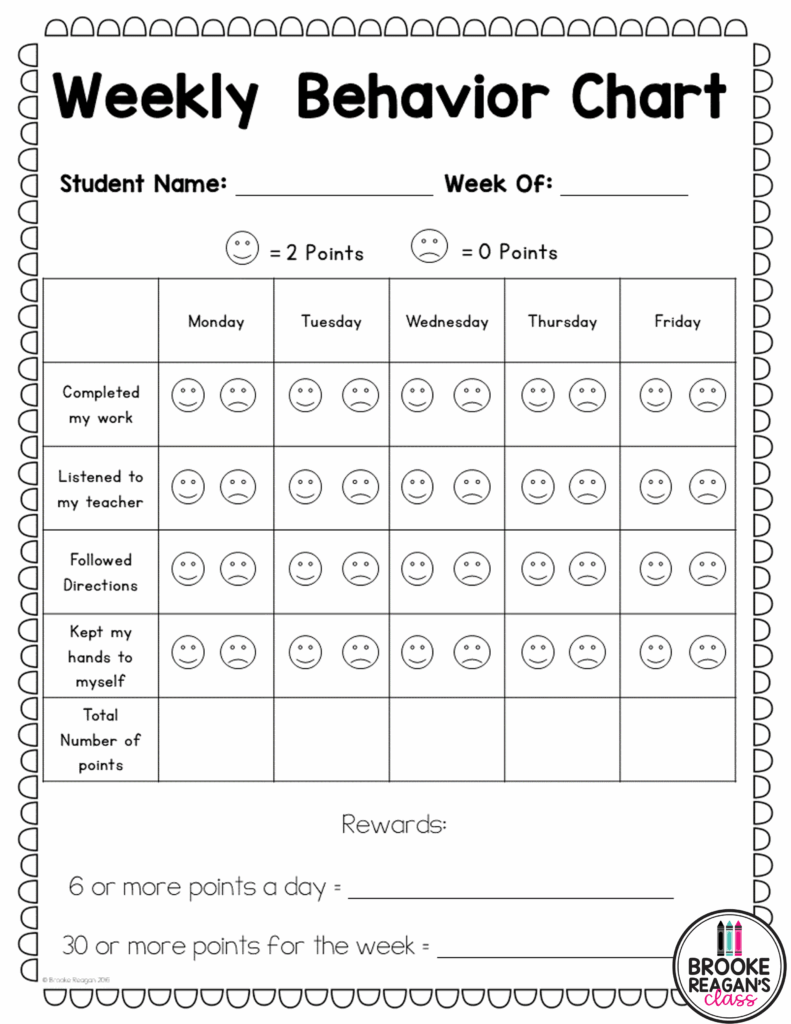Behavior tracking sheets are a valuable tool for parents, teachers, and caregivers to monitor and track behaviors in children and individuals with special needs. By keeping a record of behaviors, patterns can be identified, and appropriate interventions can be put in place to support positive changes. In this article, we will provide you with a free printable behavior tracking sheet that you can use to start monitoring behaviors today.
Our behavior tracking sheet is designed to be user-friendly and easy to use. Simply download and print the sheet, then fill in the relevant information at the top, such as the individual’s name, date, and any specific behaviors you are tracking. Throughout the day or week, make note of the behaviors you observe, using the provided columns to track the time, location, trigger, and consequence of each behavior. At the end of the tracking period, review the data to identify patterns and trends, which can help inform behavior management strategies moving forward.
Benefits of Using a Behavior Tracking Sheet
There are several benefits to using a behavior tracking sheet, including:
- Identifying triggers: By tracking behaviors over time, you can identify common triggers that may be contributing to negative behaviors.
- Measuring progress: Monitoring behaviors allows you to track progress and see improvements over time.
- Communicating with others: Behavior tracking sheets can be shared with teachers, therapists, or other caregivers to ensure consistency in behavior management strategies.
Overall, using a behavior tracking sheet can help you better understand behaviors, implement effective interventions, and support positive changes in the individual’s behavior.
Conclusion
Behavior tracking sheets are a powerful tool for monitoring behaviors and implementing effective behavior management strategies. By using our free printable behavior tracking sheet, you can start tracking behaviors today and work towards positive changes. Remember to review the data regularly, identify patterns, and adjust interventions as needed to support the individual’s growth and development.

